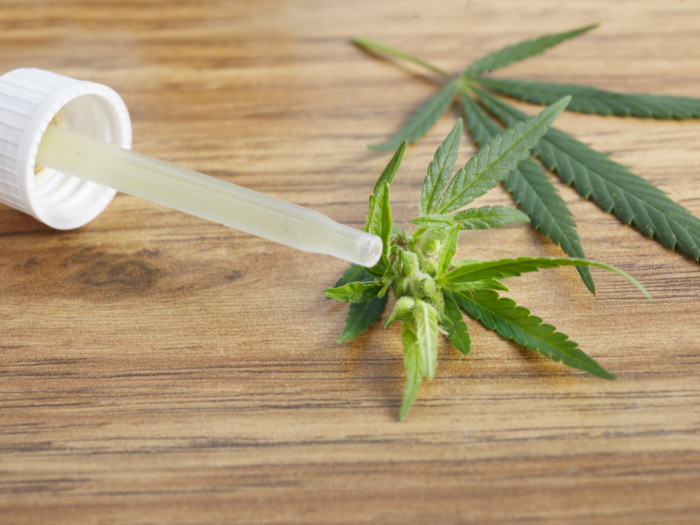Ingesting essential oils has long been considered a dangerous practice, but some are acceptable to consume in the proper doses, so knowing more about this issue is very important!
Essential oils are concentrated natural oils that are distilled or extracted from certain plants. These oils possess many of the active ingredients and flavors of the plants they are extracted from, and many have powerful antioxidants and chemical compounds that can benefit overall health. [1]
For many years, the concept of ingesting essential oils has been decried as risky, with a variety of potential side effects that far outweigh the benefits. That being said, when essential oils are properly diluted and used in appropriate quantities, many experts now agree that they can be used internally. Using these oils on the skin and using them internally can have very different results, so caution and consultation with an experienced aromatherapist are both highly recommended. [2]

Don’t ingest essential oils without proper guidance. Photo Credit: Shutterstock
Ingesting Essential Oil Do’s and Don’ts
When it comes to ingesting essential oils, there are a few critical rules to follow.
Do’s
- You can use essential oils in the form of a diffuser, spritzer, or inhaler, as the concentration will be controlled to safe levels.
- Dilute certain essential oils with water, and always follow the instructions on use. Most oils require little more than 2-3 drops to be effective. [3]
- You can use essential oils every day for your cosmetic issues, as the topical use is less likely to cause unwanted side effects.
Don’ts
- Don’t use essential oils every day, as this can cause inflammation and irritation in your esophagus, and can also be damaging to your kidneys and liver. [4]
- If you suffer from IBS, chronic nausea or GERD (acid reflux disease), be sure to speak with your doctor before using essential oils.
- Do not freely combine different essential oils without understanding the potential health effects of each one, even in small quantities.
- Do not rely on using essential oils in place of traditional or prescribed medicine.
- Do not use essential oils in addition to prescribed medication unless you clear it with a doctor.
